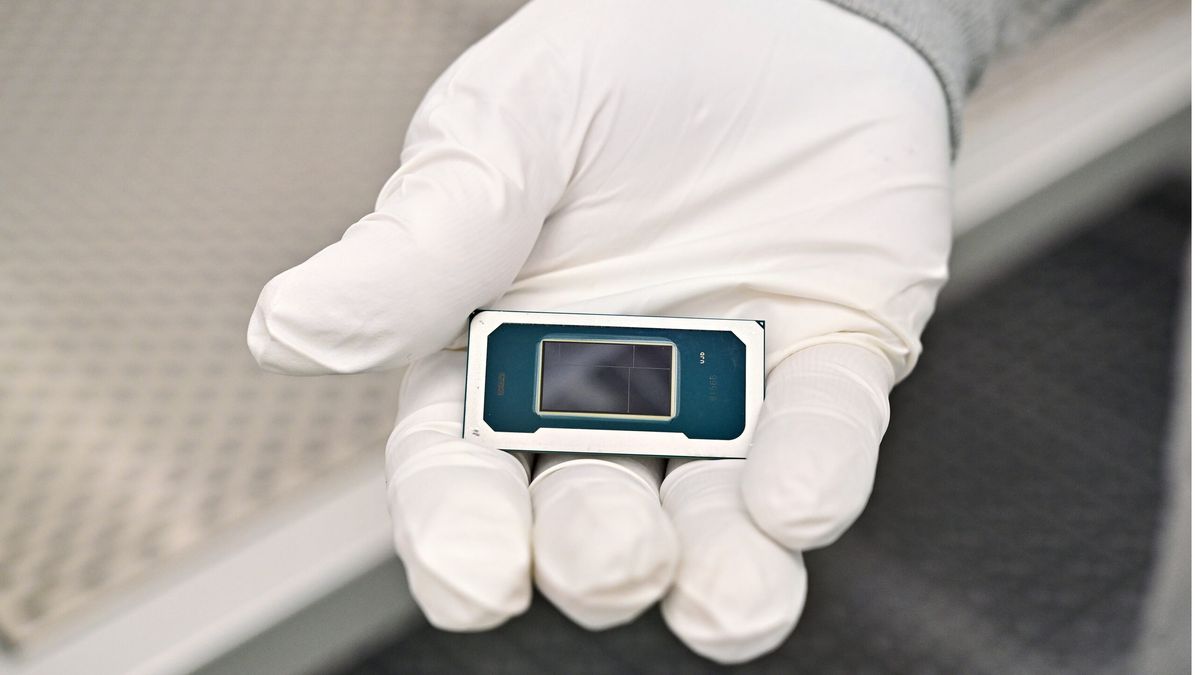If you've ever caught yourself wondering "does semen have protein?" turns out you're in good company. (We listen and we don't judge.) "It seems like every few years, there's a renewed interest in the nutritional value of semen," says Joshua Gonzalez, MD. This is usually resurrected by a social media trend or a clip gone viral, Dr. Gonzalez explains. One such TikTok uses MyFitnessPal to show how much protein is in a "serving size" of semen. Likewise, in a 2023 "Call Her Daddy" episode, Christina Aguilera claimed that swallowing semen is a good way to get some extra protein.
On a broader scale, Dr. Gonzalez says "we seem to have an almost obsessive interest in semen — from what it does, to what it tastes like." Somatic sex educator Kiana Reeves has a theory as to why this interest is so enduring. "It seems like everyone is looking for a concrete 'good reason' to do things — like there has to be an immediate, tangible, quantifiable benefit we can point to in order to justify making a choice," she says. "That's true even when it comes to sex."
That said, some people might just be curious from a purely nutritional standpoint. We wouldn't put it past the internet, especially since similar rumors have (falsely) alleged that vaginas are high-protein. Could the same be said about semen? To find out more, we asked experts to hit us with the facts. Read on for the full semen science rundown you never knew you needed.
Experts Featured in This Article:
Joshua Gonzalez, MD, is a board-certified urologist and sexual health adviser at Astroglide.
Kiana Reeves is a somatic sex educator, a member of AASECT, and chief content officer at Foria.
Justin Houman, MD, is a board-certified urologist and an assistant professor at Cedars-Sinai.
Does Semen Have Protein?
Unfortunately, you probably shouldn't start skipping the protein shakes just yet. "The amount of protein in semen is pretty trivial," Dr. Gonzalez says. "From a medical standpoint, there is really no nutritional or [any other] health benefit to swallowing semen." The TL;DR? Swallowing ejaculate won't contribute to your daily protein intake in any significant way.
According to a study published in the Journal of Andrology, 100ml of semen contains five grams (or 5,000mg) of protein. However, "A normal ejaculation is typically 2-5ml," says Dr. Gonzalez. "That means there's about 250mg (or 0.25g) of protein in 5ml (or about one teaspoon) of semen."
For context, the FDA recommends adults consume at least 50 grams of protein per day as part of a 2,000-calorie diet. Swallowing a typical amount of ejaculate is not going to make the slightest dent in that requirement. If you're looking to eat more protein, there are better ways to do it than consuming 293 teaspoons of semen (give or take). Might we suggest a high-protein soup or protein coffee?
Semen Nutrition Facts
There's not a whole lot more to semen in terms of nutrition, but here's the basic rundown. A teaspoon of semen contains a small amount of calories (5-20), which is made up of what Dr. Gonzalez calls "a buffet of ingredients." According to Justin Houman, MD, the primary components are as follows:
- Sperm cells: Reproductive cells produced by the male reproductive system.
- Water: The majority of semen's volume.
- Various proteins: These include enzymes, enzyme inhibitors, and other proteins involved in sperm function and reproductive processes.
- Fructose: A type of sugar that provides energy for sperm cells.
- Ascorbic acid (vitamin C): An antioxidant that helps protect sperm cells from oxidative damage.
- Minerals: These include zinc, calcium, and magnesium, which are important for sperm production and function.
Given ejaculate's stores of vitamin C, it's also been touted as a magical immune booster. But Dr. Gonzalez is here to myth-bust those pervasive rumors as well. "The amount of vitamin C in semen is relatively small, and it is not considered a major dietary source," he says. The only nutrient you may be able to get some relative benefit from is zinc. Dr. Gonzalez says you can get about three percent of your recommended daily intake in one teaspoon of semen — but really, you're better off eating zinc-rich foods like peanuts, beef, or hummus.
The Bottom Line
Ultimately, none of the components in semen's "ingredient buffet" are particularly significant — protein included. If you actually want to add more protein to your diet, some better sources include eggs, almonds, Greek yogurt, cottage cheese, chicken, lean beef, fish, lentils, and quinoa, says Dr. Gonzalez.
One thing not on that list is semen, Dr. Gonzalez adds. That means anyone looking to bolster their protein intake will need to look outside the bedroom. Reeves also encourages people to ask themselves: "Does swallowing make me feel closer and more bonded with my partner? Does it feel transgressive in a hot way, or coercive and degrading?" she says. "Those questions themselves can be the 'essential nutrients' for knowing and understanding each other better, and building trust and empathy — so much more valuable than a few trace minerals."
— Additional reporting by Chandler Plante
Maressa Brown is a journalist, author, and astrologer. Her areas of expertise include writing, reporting, and editing lifestyle, pop culture, and parenting content that's both conversational and substantive. In addition to contributing to PS, she writes for a variety of consumer-facing publications including InStyle, Parents, and Shape, and was previously an editor at Cosmopolitan and CafeMom.
Chandler Plante (she/her) is an assistant health and fitness editor for PS. She has over four years of professional journalism experience, previously working as an editorial assistant for People magazine and contributing to Ladygunn, Millie, and Bustle Digital Group.

 6 months ago
70
6 months ago
70

:quality(85):upscale()/2025/11/28/816/n/1922507/96dfa0316929eb7d6009c4.58082318_.png)
:quality(85):upscale()/2025/11/28/911/n/1922564/6007a1e4692a0b7e0754d6.70992304_.jpg)





 English (US) ·
English (US) ·